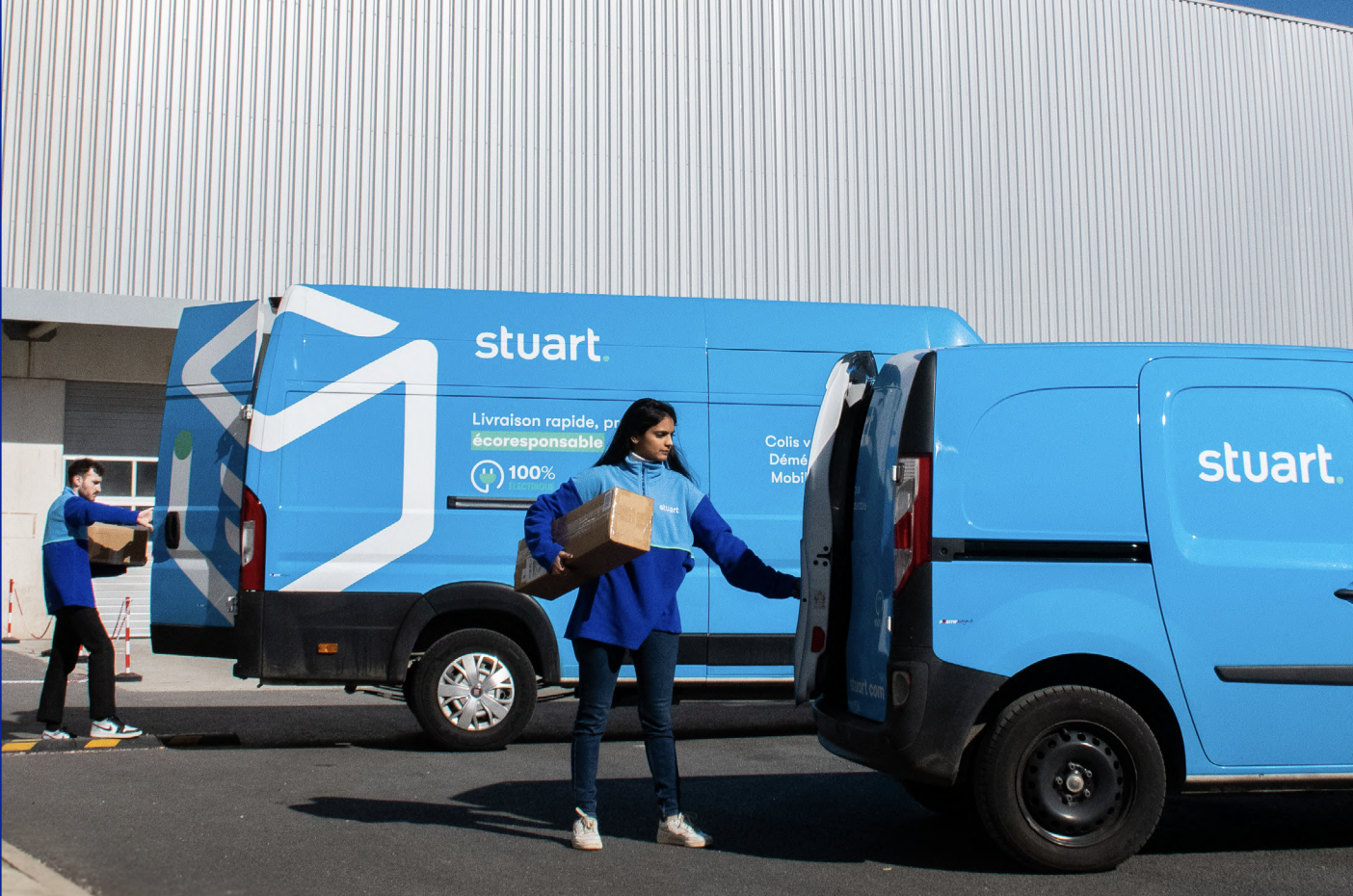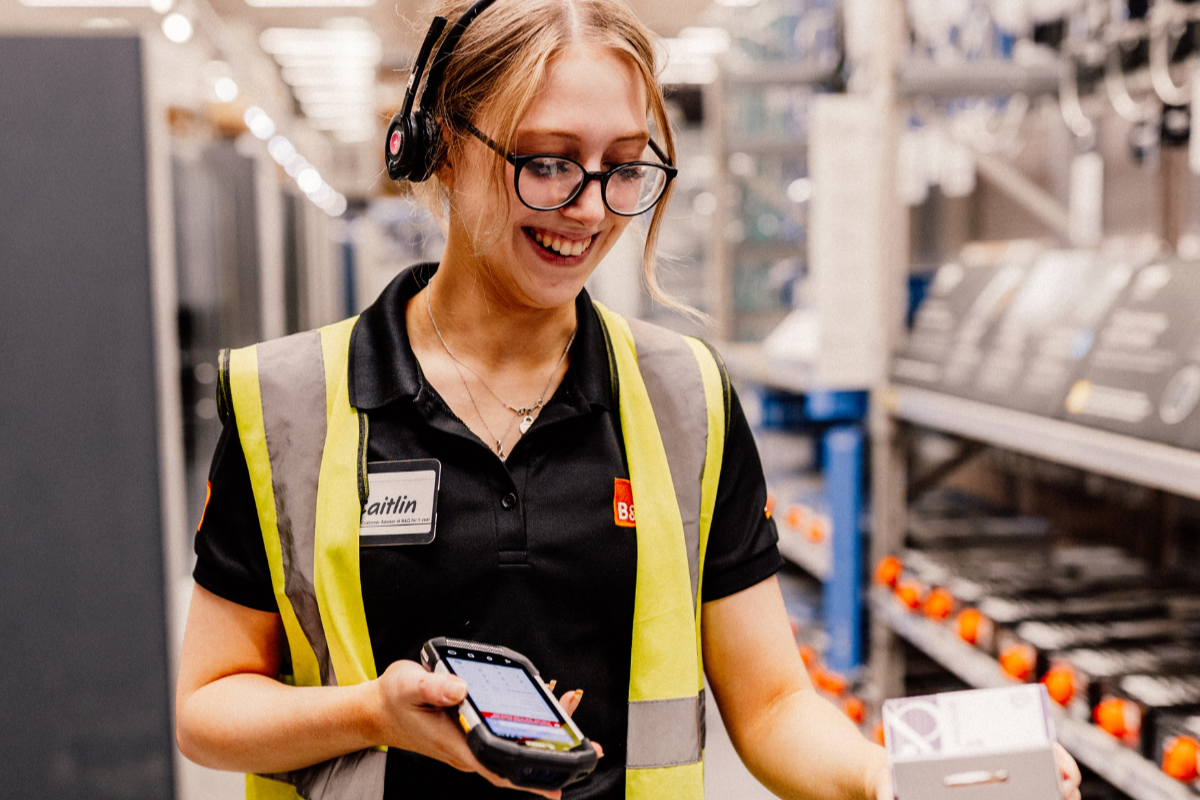Jens Pytlich, digital marketing manager of Denmark’s largest retailer Salling Group, is all too rare amongst speakers at retail conferences: not only does he have a clear definition of what omnichannel is, but he admits that his company has a way to go to achieve it.
“A lot of people think [omnichannel] means marketing,” he tells InternetRetailing, shortly after a talk at the Emarsys Revolution event in which he outlined the progress of Salling Group, which encompasses supermarket chains Netto and Føtex, hypermarket stores Bilka and the original Salling department stores. “For me it is all about the purchase experience for the customer.”
Pytlich goes on to define this experience as one that can seamlessly move across whichever channel the consumer is using – not an uncommon definition of omnichannel but a clear one. But he adds that the company is still “becoming” an omnichannel retailer because the experience is not yet fully seamless.
One particularly important channel the company is working on is mobile, says Pytlich. The retailer’s primary market is Denmark, which is a European leader in terms of its adoption of mobile. According to figures from the Organisation for Economic Cooperation and Development from last December, the country has the sixth highest usage of mobile globally and the third highest usage in Europe.
For Salling Group, mobile is not just a sales channel. The “huge” penetration of mobile in Denmark doesn’t necessarily amount to consumers wanting to make purchases through it, as Pytlich explains.
“There are still people who are not comfortable buying a £1000 bicycle on their phone on the train,” he says.
However, Pytlich says this doesn’t mean a lost sale – it means using the channel “where the customer feels comfortable using their mobile”.
For example, a customer might use their phone to browse products or check prices before saving them in a basket or wish list. The retailer then follows this up with targeted messages that prompt them to make the purchase at a later stage and through a different channel.
The company’s mobile strategy has entailed launching loyalty apps and specific applications for every brand, including an app for monitoring food waste.
At the “forefront” of the company’s exploration of mobile, says Pytlich, is scan and go, a service that allows users to scan items using their smartphone and then pay on their way out. Pytlich says Salling Group is also looking at triggering push notifications when somebody enters a store.
However, he says that the mobile apps are not yet “deeply connected” into every purchase or marketing experience and that this is something the company is aspiring to.
“Everybody could create apps for everything, but if they don’t cater to a need from consumers it’s a wasted effort.”
More broadly, the company has to go through what Pytlich calls a “mindset change” that is more important than any one technology.
“Technology is something you choose to fix, mindset is not something you can choose to fix. I’m not saying technology is easy, it’s not, but if you really want to you can change it – it’s money and time.”
The change that is needed is to accept that online is not going to cannibalise offline, and that the customer needs to be in focus depending on their preference.
But, he says, “getting everybody on board and getting people to embrace the idea of having the consumer front and centre in every decision and discussion is hard.”
A key tenet of the approach is to think of how to solve a given problem for 90 percent rather than 100 percent of users. It is about which pains we need to solve in order to give most pain relief to most consumers we can.
But considering Salling Group opened its first store in 1906, the willingness to make the necessary changes to adapt to the omnichannel age is admirable.
“When you’ve done something for a long time it’s easy to get set in your ways,” says Pytlich.









